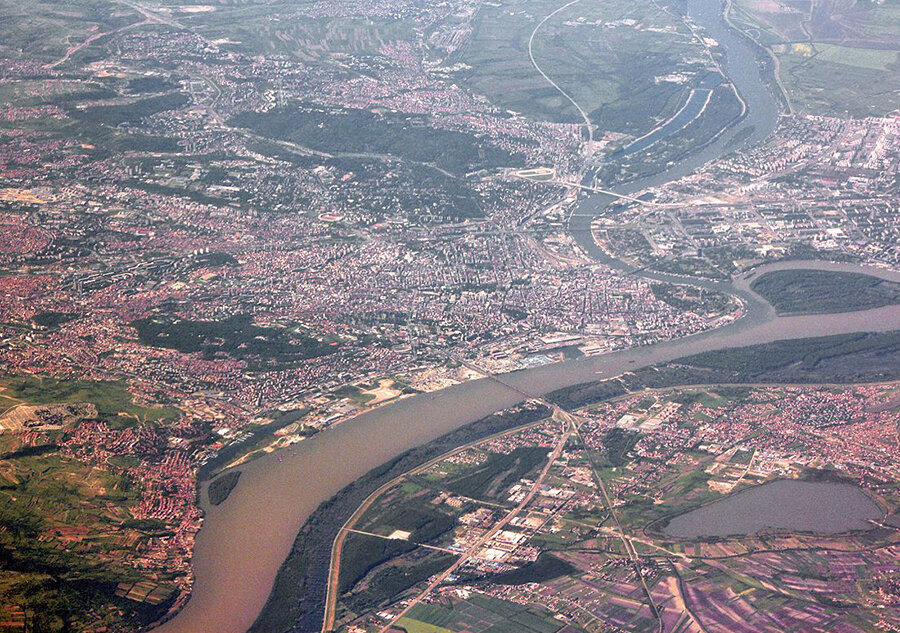Permanent Residence in Serbia: New Rules, Personal Stories & Application Challenges

As of August 4, 2023, Serbia has implemented amendments to the Law on Foreigners that significantly simplify the process for obtaining permanent residence (PR). Previously, applicants had to reside in Serbia for five years on a temporary residence permit, but now this period has been reduced to three years. This change makes permanent residency more accessible for foreign nationals legally residing in the country.
Requirements for Permanent Residence in Serbia
To qualify for PR, a foreigner must have lived in Serbia continuously for three years under a temporary residence permit, with no more than 10 months spent outside the country during this time (or more than six months consecutively). Failure to meet this condition is one of the most common reasons for rejection.
Applications must be submitted at the local police station two months before the current temporary residence permit expires. Required documents include:
- Completed application form (available on the Ministry of Interior's website);
- Copy of all passport pages;
- Health insurance;
- Bank statement proving sufficient funds;
- Proof of the legal basis for stay (employment contract, marriage certificate, etc.);
- Registered address confirmation;
- Translated and certified birth certificate and possibly other civil documents.
Some inspectors may also request additional documents such as an autobiography, criminal background check in Serbia, or proof of property ownership.
According to the Telegram channel "Citizenship of Serbia and Foreigners Law," the list of documents has remained mostly unchanged. For some categories—such as family reunification with a working foreigner—proof of funds and insurance is no longer required. The passport must be valid for at least three months beyond the requested PR period. Insurance must cover the entire duration of stay. The required amount in a bank account isn’t strictly regulated, but inspectors typically use the minimum wage as a benchmark.
A PR card is valid for 5 years (2 years for minors) and grants the right to live in Serbia indefinitely. However, PR holders cannot vote, serve in the military, or purchase land as individuals. Absence from the country for more than one year may result in PR revocation.
Processing Times & Statistics
An analysis of 10 real-life cases submitted between 2023 and 2025 shows that the average time for PR processing is around 55 calendar days. Finalizing and receiving the plastic card takes another 17 days, making the total procedure approximately 75 days (2.5 months). The fastest processing times were recorded in Belgrade and Novi Sad for applications based on property ownership or freelance business registration.
Case Studies
Property Purchase: Pavla Tolokonina moved to Belgrade in 2020 and obtained temporary residence through property ownership. After three years of renewal, she applied for PR. The application review took two months. During the appointment, the inspector focused on consistency of residence and basic personal questions, paying less attention to documents. Two months later, she received her PR card.
Freelance Business Registration: Web designer Ilya obtained a temporary residence permit through registering a sole proprietorship. He strictly followed migration rules, filed taxes, maintained insurance, and didn’t exceed time abroad. He submitted proof of income, tax records, a bank statement of €3,000+, and health insurance. After a short interview, he received his PR card within six weeks.
Possible Pitfalls
Even if all formal criteria are met, approval is not guaranteed. Common reasons for rejection include:
- Excessive absence from Serbia;
- Incomplete or incorrectly translated documents;
- Unqualified residence grounds (e.g. student years not counted);
- Visa overstays or fines;
- Lack of address confirmation (e.g. landlord refuses to register the tenant).
In early 2025, users on migration forums reported booking issues for PR appointments, particularly in Belgrade. Some applicants were told no available appointments were left for the year. Though not legally backed, this is likely due to administrative overload.








